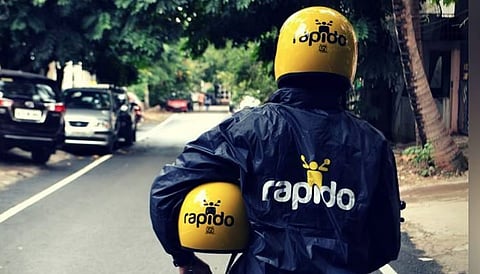

NEW DELHI: You can soon lend your bike to bike taxi operators and other app-based service providers and get paid for it.
This follows the Ministry of Road Transport and Highways' (MoRTH) decision to revise the Motor Vehicles Aggregator Guidelines to allow the use of private (non-transport) motorcycles for passenger transport and hyperlocal deliveries through app-based aggregators.
The move, announced on Tuesday, empowers state governments to permit private bike owners to operate as shared mobility service providers, essentially legalising the use of private bikes as bike taxis; a service that has seen rapid growth in the country.
“The state government may allow aggregation of non-transport motorcycles for journeys by passengers as shared mobility through aggregators, resulting in reduced traffic congestion and vehicular pollution, along with providing, inter alia, affordable passenger mobility, hyperlocal delivery, and creating livelihood opportunities," read the guidelines.
In an official note addressed to the chief secretaries of states and union territories (UTs), the ministry said that the Guidelines had been revised to keep the regulatory framework up to date with the developments in the motor vehicles aggregator ecosystem. "The new guidelines attempt to provide a light-touch regulatory system while attending to issues of safety & security of the user and the welfare of the driver," the note states.
The state governments may adopt these revised guidelines within three months from the date of their issue.
Industry players such Rapido, Ola, and Uber are likely to benefit from the revised norms, as they can scale their bike-based services across states that opt into the policy.
As per the Guidelines, the Central Government will develop and designate a portal to enable for single window clearance of application for licence as aggregator including receipt of appropriate application fee, license fee and security deposit.
Until the portal is developed and operationalised, the state governments will process applications for license, in accordance with the extant guidelines.
The guidelines also contains 'compliances' for driver onboarding and vehicle engagement.
"The aggregator shall develop and maintain a website disclosing details of its ownership, registered address, fare structure, contact information for customer services, e-mail address, services offered by it and other relevant details," guidelines also stated.